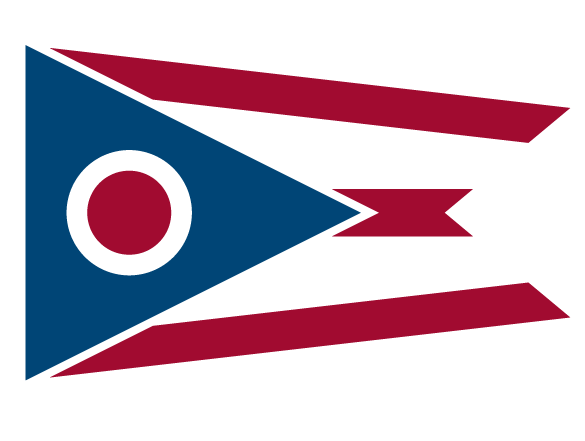SNAP Employment and Training (SNAP-ET)
The SNAP Employment and Training (SNAP-ET) program is designed to give individuals skills and experience to become employable and self-sufficient. The program is no longer mandatory as of 10/1/2024. If you do not meet a work registrant exemption, you can choose to volunteer for the SNAP E&T Program. You will be asked to complete an assessment and other activities. During the assessment process, your caseworker will ask you to state your employment goals. Once your goal is declared, your casework will loon at any barriers to reaching that goal and perhaps refer you to community services that would help remove those barriers.
Once those barriers are removed, our caseworkers will assign activities to reach your goals. There are a variety of reasons why you may have had a difficult time getting a job. One of these may be a lack of experience in your desired field. Your caseworker will help you develop a plan to place you in an activity that may give you that needed experience to become self-sufficient.
Services
Each volunteer is required to complete a financial literacy course and possibly a basic skills training, along with the comprehensive assessment. Depending on your needs, you may take part in job seeking training, group and individual job search activities, job placement and assistance with transportation, or other supportive services. If you fail to comply with the program activity assigned to you or do not show improvement becoming self-sufficient, the program will end and the volunteer will can only receive up to 3 months of SNAP benefits without a current exemption, before becoming ineligible up to 36 months, or until the exemption requirement is met.
Participation
An Eligibility Referral Specialist will make a referral to our county to screen for eligibility to participate in the SNAP E&T program. If eligible to participate in this program, based on our county SNAP E&T Plan, the volunteer will be scheduled to come into the Union County Job and Family Services for their comprehensive assessment, financial literacy course, basic skills training, and to complete an employable path with a caseworker. The caseworker will monitor and communicate with the volunteer to help reach their goal to become self-sufficient.
 An official State of Ohio government website.
Here's how you know
An official State of Ohio government website.
Here's how you know
